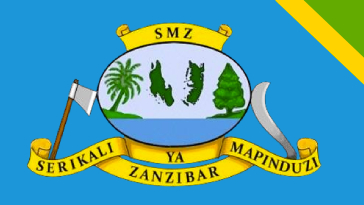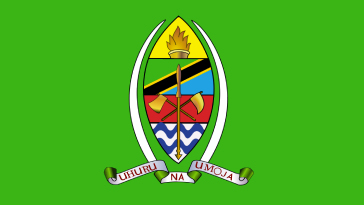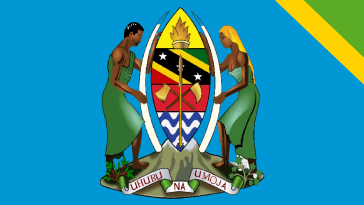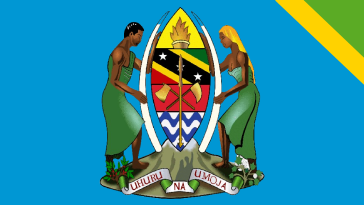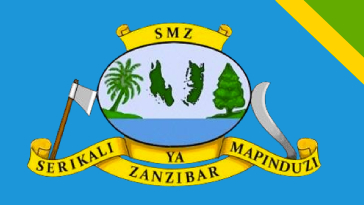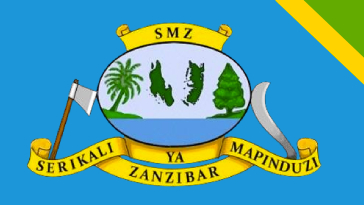History of Agricultural Development in Zanzibar
Agricultural development in Zanzibar began in 1895 when the British colonial government established the Department of Agriculture, known as the Ziraa Department, with its headquarters located in Dunga kwa Mwinyi Mkuu (Jumba la Mawe).
The department expanded its operations by opening research stations in Machui and Kinooni to further its agricultural initiatives. In 1934, the Kizimbani Agricultural Research Center was founded due to its ideal climate, elevated terrain, and uniform soil composition. The center primarily focused on clove crop research.
Establishment of the Ministry of Agriculture
The history of the Ministry of Agriculture is rooted in the expansion of agricultural activities initially managed by the Agriculture Department founded in 1895. As a result, the department was transformed into the Ministry of Agriculture and Natural Resources, incorporating forestry sector management.
In 1934, the Kizimbani Agricultural Research Center was officially launched because of its favorable climate and uniform soil structure. At that time, the center’s main objective was to research commercial crops, particularly cloves, while also supporting coconut seedling production.
During colonial rule, the government believed that Zanzibar could not achieve food self-sufficiency, so merchants were allowed to purchase and export crops like cloves, mbata (a local crop), and wild pepper, while importing food supplies.
Cloves remained Zanzibar’s primary economic crop, but concerns over economic dependence on a single crop led to agricultural diversification research beginning in 1860. Alternative crops studied at the time included rubber, vanilla, cocoa, coffee, tea, wild pepper, and sugarcane. However, many of these crops failed to show significant economic potential.
Between 1950 and 1960, research expanded into spice crops, citrus fruits, ylang-ylang, ginger, and cotton. Despite these efforts, cloves continued to be Zanzibar’s most reliable commercial crop.
Ministry's Mission
To plan and oversee agricultural projects, promote modern technologies, increase production and efficiency, and provide support services to farmers while ensuring sustainable use of natural resources.
Vision of the Ministry of Agriculture and Natural Resources
To achieve sustainable development in the agriculture sector, modernizing farming practices for economic, social, and environmental benefits by 2025.
Main Objectives of the Ministry
-
1. Enhancing agricultural sector performance through increased revenue, production, and efficiency in food and commercial crops, livestock, and investment in modern farming technologies and infrastructure.
-
2. Encouraging industrial development linked to agriculture.
-
3. Promoting the conservation and sustainable use of forest resources.
Currently, the agriculture sector includes sub-sectors for crops, livestock, and forestry, forming a major pillar of Zanzibar’s economy. The sector provides direct livelihood support, offering formal employment to approximately 40% of the population, while over 70% of citizens rely on it for income and improved living conditions.




